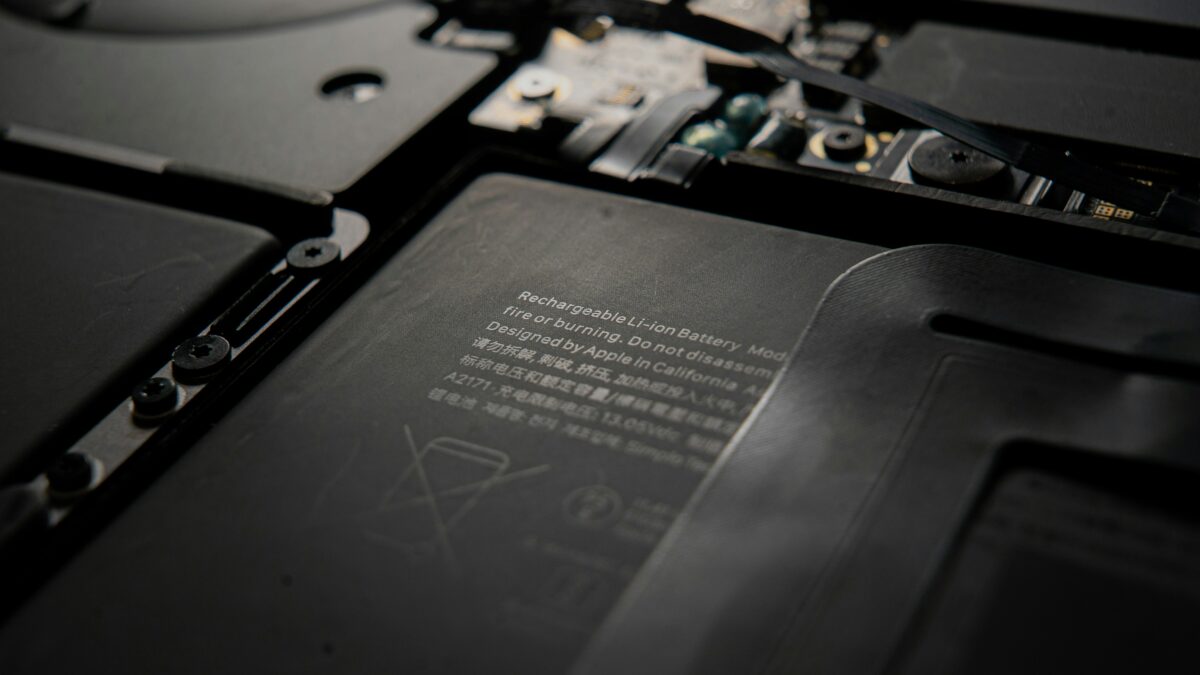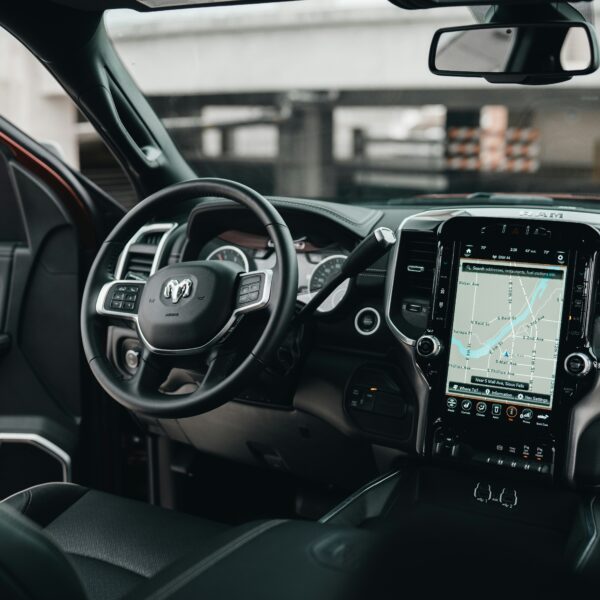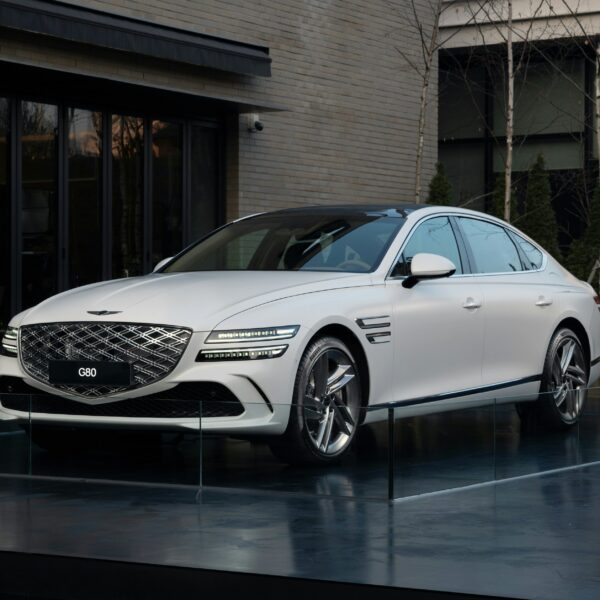Is An Interest-Free Car Loan All It’s Cracked Up to Be?
Sometimes, it feels like dealerships will do anything for a buck. You walk into the lot and are hounded with offers that seem too good to pass up—at least on the surface. One of those offers may be an interest-free car loan, but it’s important to weigh your options before jumping on the first thing to pique your interest.
What is an interest-free car loan?
An interest-free car loan (or 0% APR) allows you to borrow money from the lender for free. Dealerships work with lenders to keep the process streamlined for their customers, so they’re able to offer a loan that’s free from any annual percentage rate. That makes the lender a captive finance company, where they’re entwined with a business seeking to profit from products or services.
Some of these interest-free deals last for the full extent of your loan, while others only last 12 months or so.
Why might an automotive company offer 0% APR in the first place? They may be overstocked on a particular model, or they’re looking to boost business during a slow time of the year. There are numerous reasons it could trace back to.
Know these interest-free car loan caveats
Interest is the way lenders make money, so a 0% APR seems like it would make them bankrupt. However, these captive finance companies profit when the dealership does. In that case, you may see an interest-free car loan offer attached to a pricier vehicle, or you may notice that the salesperson tries hard to sell you on extras like interior packages or extended warranties. Where they lose out on interest, they attempt to make up for elsewhere.
In many cases, 0% APR offers are only applicable to those with higher credit. Not everyone has astounding credit. Even if you see an interest-free offer on a billboard, you may or may not qualify for it. Your credit reports take into consideration things like your debt-to-equity ratio, employment history and identity verification.
Sometimes, interest-free car loans come with caveats regarding the repayment time period. You may have to pay your loan off quicker, which means your monthly payments may be much higher. Make sure you can afford this before signing onto anything.
Of course, there’s also the notion of new car depreciation. New cars lose about 15–20% of their value each year. If you’re weighing the options of a used car versus a new car with an interest-free loan, you may not be getting the best deal with 0% APR because of depreciation.
The alternatives: Outside financing or buying a used car
If the dealership presents you with a financing option, it’s a good idea to look elsewhere just to compare the offer. Taking the first loan offer you’re presented could lead in serious FOMO (fear of missing out) down the line.
Alternatively, you can calculate the interest of a used car and compare it to the depreciation of a new car. You may find that a pre-owned car (even a nicer certified pre-owned car) is really what works for you and your budget. A vehicle experiences the most rapid depreciation during the first three years of its life, so buying a car that’s at least three years old could keep you from losing out on money.
At the end of the day, an interest-free car loan can sound like a perfect fit right off the bat. However, dig a little deeper and you may find there are better options for you. It’s always important to take stock of your options, especially when it comes to a purchase as momentous as a vehicle.
















Usually, the 0% will also be instead of the factory rebate or other cash incentives, you should always see which will save you more,
Knowing all the options is good no matter what financial decision.